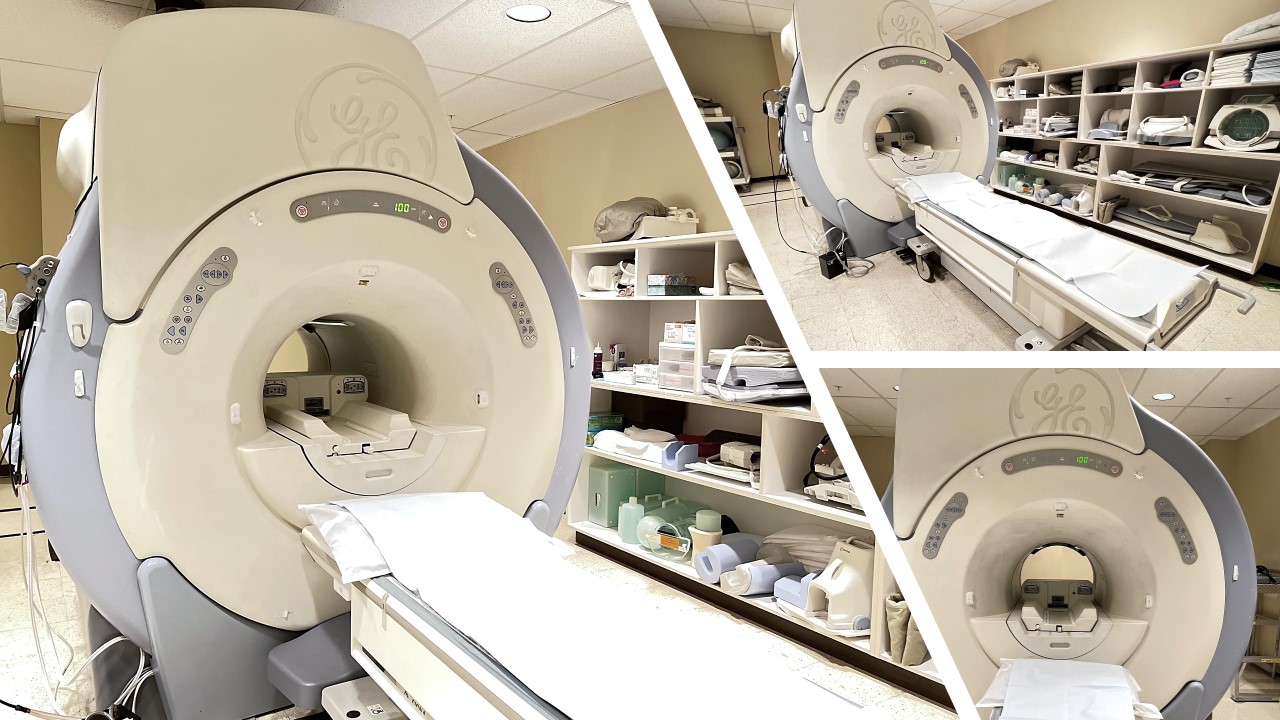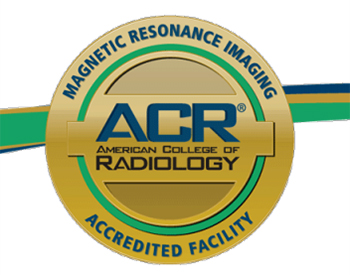Magnetic Resonance Imaging (MRI)

A sudden injury or pain can limit you in your daily activities. Orthopedic + Fracture Specialists has an array of in-house imaging tools to help you Put Your Life in Motion.
An MRI scan is a medical imaging technique that uses a strong magnetic field and radio frequency waves to generate detailed images of the internal structures of your body. MRI does not use radiation - this non-invasive procedure is commonly used to diagnose and monitor various medical conditions. If you have an upcoming MRI scan, it is natural to have questions and concerns. The following information aims to provide you with an overview of what to expect before, during and after your MRI scan.
What to Expect
Before the MRI Scan
- Preparation:
- You will be asked to remove any metallic objects, such as jewelry, watches, hairpins, wallets, cell phone or hearing aids, as they can interfere with the magnetic field. You will be provided with a secure locker to store these items.
- In some cases, you might be asked to change into scrubs to ensure that no clothing with metallic elements are present during the scan.
- Medical History:
- Inform the MRI Technologist about any pre-existing medical conditions, allergies, or implanted devices (e.g., pacemakers, cochlear implants, aneurysm clips, neurostimulator, insulin pumps, glucose monitors, etc.).
- Tell the Technologist if you are pregnant or suspect you might be. MRI scans may not be recommended during pregnancy.
- Claustrophobia:
- If you’re claustrophobic, please let the team know at the time of scheduling your MRI appointment. Your provider can give you a prescription for medication that will help you relax during your exam. Your prescription will be picked up by you at your preferred pharmacy.
- You will need a driver if you choose to take this medication.
- Contrast Agents:
- Depending on the purpose of your scan, a contrast agent might be administered intravenously to enhance the visibility of certain structures or abnormalities. The Technologist will inform you if this is necessary.
During the MRI Scan
- Room Environment:
- The MRI scan room is a well-lit, air-conditioned room with ample air flow. You may request a blanket if you think you might feel cold.
- Patient Positioning:
- It is important to remain still during the procedure, as movement can blur the images.
- You will be positioned on a movable examination table, which will slide into the MRI machine.
- The Technologist will provide you with pillows or cushions to ensure your comfort during the procedure.
- Straps may be used to help you stay still.
- Noise Levels:
- The MRI machine produces loud knocking, thumping, and buzzing sounds during the scan. You will be given earplugs and/or headphones with music to reduce the noise.
- Communication:
- Throughout the scan, the Technologist will be in constant communication with you, providing instructions and updates.
- If you experience any discomfort, feel claustrophobic, or need assistance, you can use the intercom system to communicate with the Technologist.
- Length of the Procedure:
- The duration of an MRI scan can vary depending on the area being imaged. It typically ranges from 30 minutes to an hour.
After the MRI Scan
- Post-Scan Instructions:
- Once the scan is complete, the Technologist will help you off the examination table.
- You can resume your regular activities immediately after the scan unless you have taken medication for claustrophobia.
- Results and Follow-up:
- The MRI images will be reviewed by a Radiologist who will interpret the findings.
- Your healthcare provider will discuss the results with you during your follow-up appointment and provide appropriate guidance or treatment recommendations.

